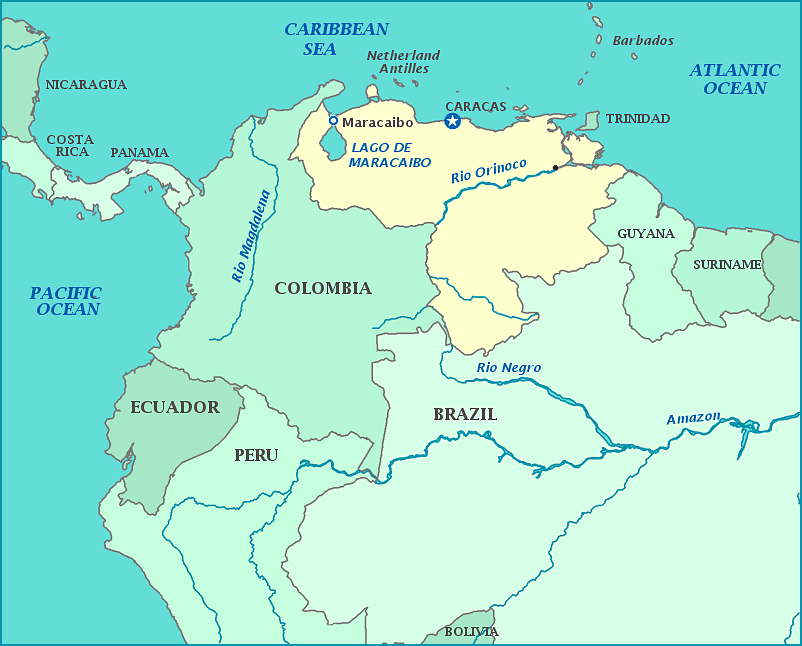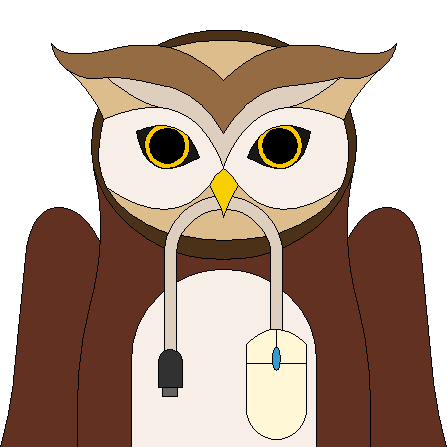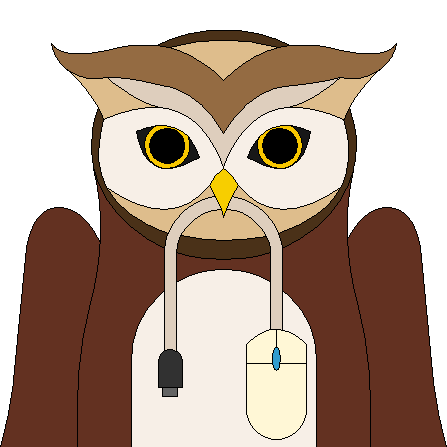
Quill's Quiz - 1100 Question US Mega Geography Quiz
Print this map of Venezuela US States and Capitals Map Quiz
Free Maps, Map Puzzles and Educational Software: Owl and Mouse Educational Software
Print this map of Venezuela US States and Capitals Map Quiz
Free Maps, Map Puzzles and Educational Software: Owl and Mouse Educational Software
Venezuela
While the colloquial name of Venezuela derives from the Spanish 'Little Venice', after the houses on stilts built by the natives, the full name of the country is the Bolivian Republic of Venezuela. The country has been inhabited for 15,000 years.
The Spanish began to colonize the region in 1522, though not without concern of those already living there, with two organized resistance movements in 1775 and 1776. Once the native uprising were put down, the country set its sights on independence from Spain, not an easy task. Sovereignty wasn't obtained until 1821, with two declarations previously crushed by Spain. Thirty-three years later in 1854, slavery was abolished and blacks and natives were given rights as citizens, eventually to gain full and equal rights throughout the next century and a half.
Despite this, the 19th and 20th century were characterized by violence, political turmoil, and dictatorship. It started with the Venezuela Crisis of 1895, a border dispute with Great Britain, which resulted in the loss of morale, money, lives, and a large amount of the country's territory becoming part of British Guiana. While barely recovering, next came the Venezuelan Crisis of 1902-1903, when Germany, Italy, and Great Britain blockaded trade in and out until war debts were paid.
The country met with an economy boost after WWI and heavy immigration from southern Europe after WWII. The economic boost lasting until the late 1980's when oil prices plummeted and it never recovered; today Venezuela's economy is doing so poorly, rations are enforced by fingerprinting scanners. Political turmoil lasted until 1960, when guerrilla fighting forced democratic reforms.
Hugo Chavez was elected in 1998, and despite coups, political delays, and medical problems, he was re-elected until he died in 2014, before he could be officially inaugurated for this last term. Since then, the country has seen constant protests against high levels of violence, inflation, scarcity of resources, and the poverty all of them have caused. The World Justice Project has voted Venezuela 99 out of 99 on the Rule of Law Index and several organizations have given it a High Corruption Index. The country is one of the most violent places on earth, with a murder every 21 minutes. Violent crime is so prevalent, the government no longer bothers to produce crime data.
The country is located entirely within the tropics, with the Maracaibo lowlands and mountains to the north and the coast and plains to the south. Though the country has glaciers at high altitudes, the climate mostly ranges mostly from dry to temperate. Notable native birds include ibises, ospreys, and kingfishers notable mammals include giant anteater, jaguar, capybara—largest rodent in the world. Venezuela is home to 1,1417 bird species, with 48 of them endemic, and 25,000 species of orchids. With so many creatures and plants unique to the country, it is no surprise that it not only one of the most biodiverse countries in the world; but with such poverty, the country also leads in deforestation and endemic species, with no funds to stop them. Nearly all exports are petroleum based, leading to the country being one of the top producers of crude oil in the world.


